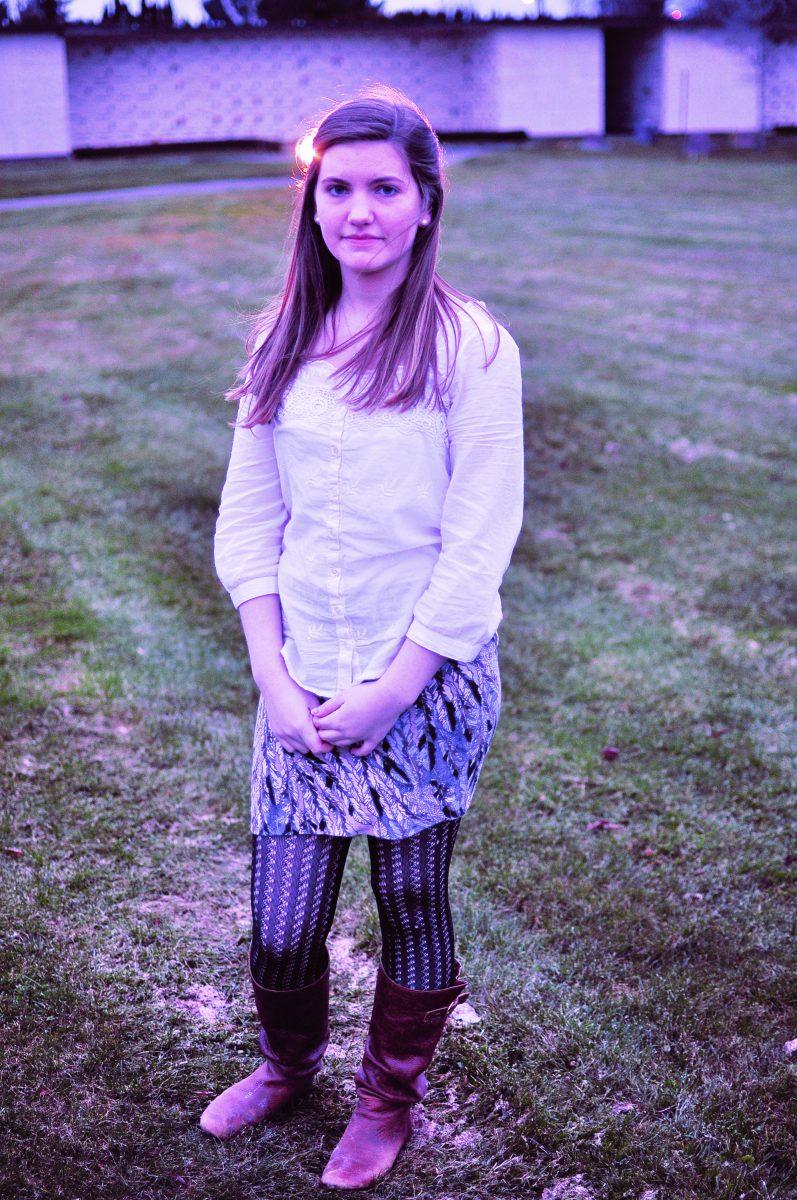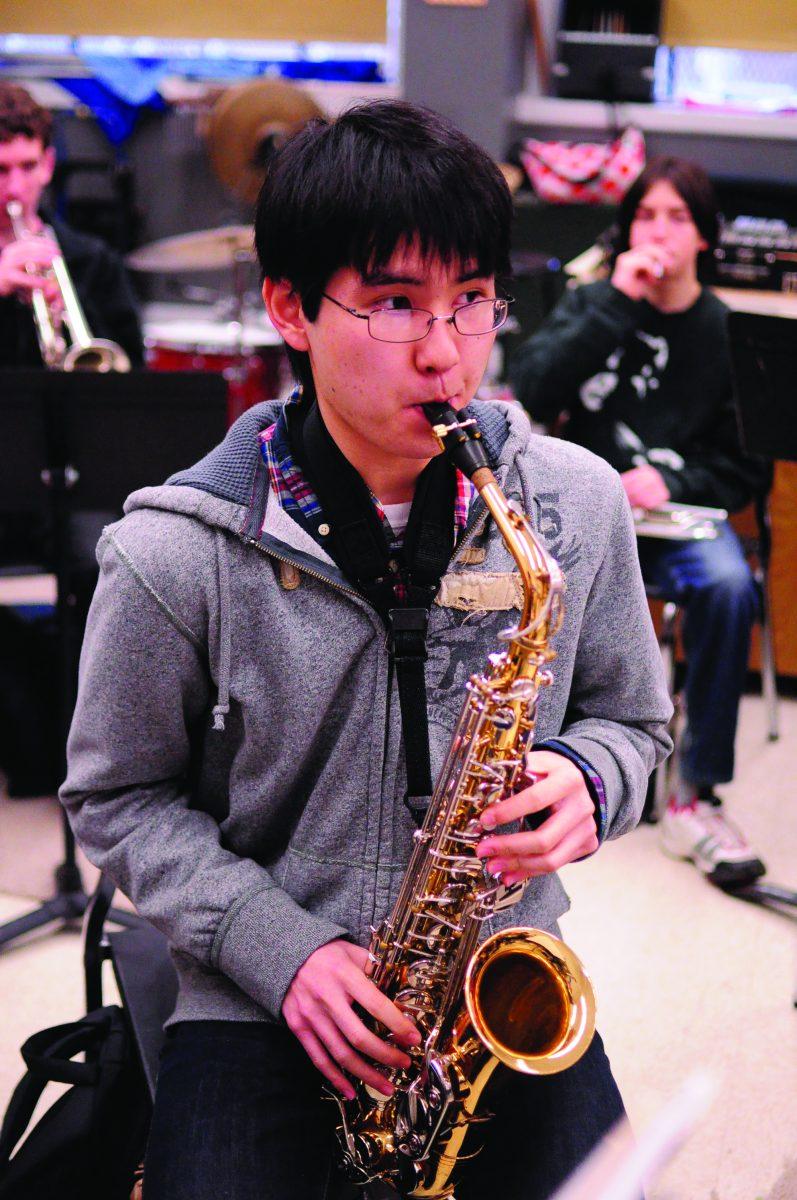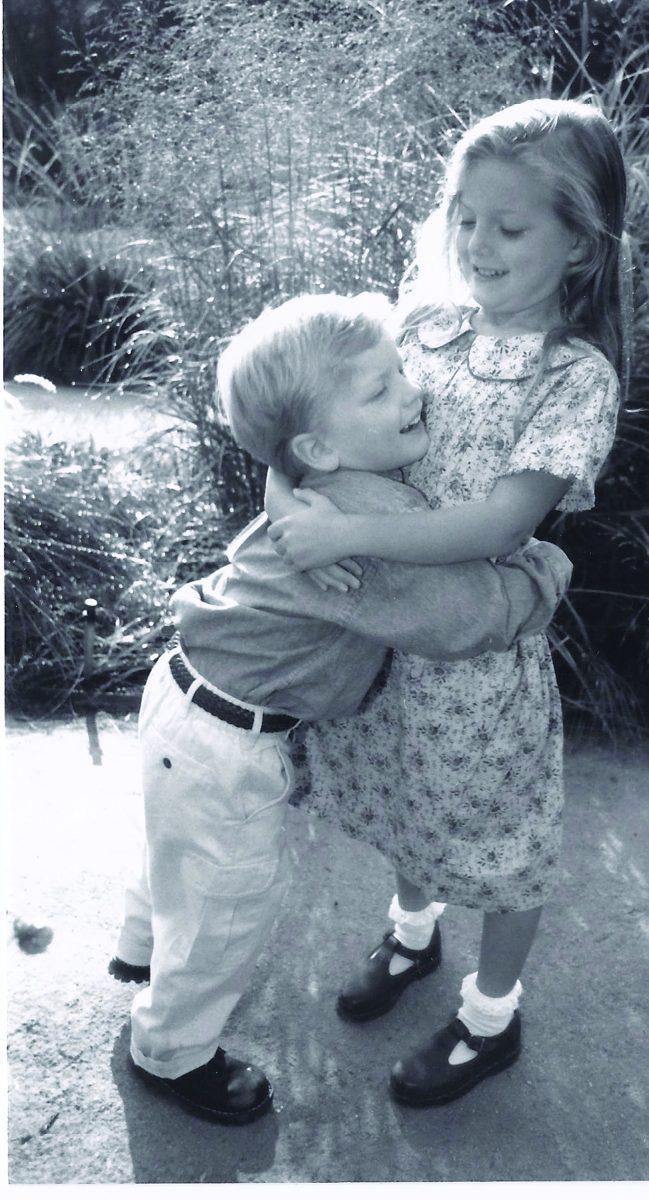It’s the Grant High School auditorium in the year 1958. Every girl in the senior class is trying out for Rose Festival Princess. One by one the girls glide across the stage and dip into an elaborate curtsy. They are critiqued on posture, appearance and grace by a panel of judges scribbling notes and whispering hushed comments.
The girls’ appearances are neat and tidy all the way from their shiny, pinned curls to their black and white saddle shoes. Ruth Gamble is among them. She has no idea that her long-standing dream of becoming Grant’s Rose Festival Princess will come true within just a matter of months.
51 years later, Rachel Seeman tries out for her chance to represent Grant at the Rose Festival. This time, only six girls are selected to compete for princess. They have all proven themselves to be strong academically and are leaders at the school.
Seeman and her competitors want a shot at the $3,500 scholarship and mentoring program the Rose Festival has to offer. Their incentive for running for Rose Queen is to prepare for their future careers, a notion that was nonexistent back when Gamble was in school. Back then, “there was an emphasis on beauty contests,” she recalls.
In the days of aprons, ironing and raising children, women’s opportunities for recognition didn’t stretch far beyond the home. Beauty was the main ideal for girls during Gamble’s time. It wasn’t until the late 1980s that the word “appearance” was replaced with “presence” in the judging.
On March 13, four Grant girls will walk on stage in the school auditorium and one of them will be selected as princess. This year marks the 98th Rose Festival, with the queen being crowned on June 9. Grant’s contestants are senior Jacquie Beatty, senior Josie Roberts, senior Nyausha West, and junior Siena Loprinzi.
“It’s a special opportunity for high school girls to be judged by their brains,” says Seeman, now a sophomore at Stanford University.
For Gamble, her rise started in a small town in Indiana with two brothers. Her father was a Methodist minister at the local church. Gamble vividly remembers when World War II ended in 1945, the small town exploded in celebration. “I was too little to understand that there had been this terrible thing going on but everyone was crazy with excitement,” she recalled.
All the neighbors were running out into the street and screaming, “The war is over, the war is over!”
At 10, Gamble left the closeness of small town life for big city life in Portland. The Rose Festival was the first thing that she experienced upon arriving. “There was all this hype,” she remembers. “I was so awed over the process, I thought it was like a fairytale, never knowing that one day I’d be a part of it.”
Back then, the idea of being Rose Festival Queen seemed like a dream come true, as it did for many girls at the time. Gamble and her friends would fawn over the front page of The Oregonian every year, wondering who the princess from each school would be. At 18, Gamble got her chance when she was selected as Grant’s representative.
At the queen’s coronation, the princesses from each school rode into Multnomah Stadium on floats designed to look like giant slices of pink cake. They wore dresses made of yards of shiny gold lamé with hoop petticoats. When Gamble was presented as queen, she sat in the center of a large rose that unfolded before the crowd.
As Queen of Rosaria, Gamble became a local celebrity. “I left my house one morning and I ran to the Safeway down the street and there was my picture on the front page,” Gamble remembers.
She went on a date with movie star John Saxon, got the chance to meet Esther Williams, appeared in Time magazine and was fitted in dresses made of imported Swiss taffeta. She received fan mail and telegrams daily.
After her win, Gamble attended Willamette University and got married two years later. In her wedding, she wore the dress that she was crowned queen in, which she is now saving for her granddaughter. She lives with her husband in Sun Lakes, Arizona.

For Seeman, the experience in 2009 of being a part of the Rose Festival was more than just a childhood dream, but a tradition. She was the fifth girl on her Northeast Portland block to compete for Rose Festival. Among her childhood mentors was Amanda Stutevoss of Benson High School who was a princess in 1999.
“They were the reason I tried out,” Seeman said in a telephone interview from Stanford. “I don’t know if I would have done it without them because I wouldn’t have had those mentors around.”
Seeman knew that she always wanted to be princess, “I would get good grades and do basically everything I did with Rose Festival in mind,” she says now.
She started participating in speech competitions in order to overcome her worst fear: public speaking. She knew if she started early, she would be prepared when her time came to give a speech.
On the day of her coronation, Seeman and the rest of the court met at the Rose Festival headquarters at 3 a.m., exhausted and emotions running high. Seeman was sure she wasn’t going to win. She had placed her bet on the princess from Central Catholic.
She explains the feeling of winning as numb with shock and not being able to breathe. The whole rest of the day and the Grand Floral Parade afterwards are blurry in her memory, she was “so overcome with emotion.”
In recent years, students’ level of interest has dropped. High achieving girls have other commitments that tend to take priority over what some students still think of as a beauty contest.
Seeman recognizes that “girls have a lot more options these days but I think that they should value the opportunities that the Rose Festival could give them.”
She spoke at various events, ran auctions, was interviewed on the radio and even traveled to Kaohsiung, Japan – an annual trip meant to strengthen Portland’s bond with her sister city.
Today, Seeman is studying human biology and hopes to pursue a career in healthcare administration. The Rose Festival is still important in her life. “It will always be a part of my identity, no matter how far away from Portland I get,” she says.
Marilyn Clint, the chief operating officer at the Rose Festival, acknowledges that the event has changed over time. But, she says, the Queen’s role is “the same today as it was in 1914 when the first queen was crowned: To represent the Rose Festival, the community and their high school.”
Remembering her days of tiaras, ball gowns and stardom, the Rose Festival has left Gamble with more than just fond memories. It’s a lifelong dream that shaped her as a person and fostered civic pride.
“It matured me in a practical sense, broadening my whole view of life in a way that nothing else could. It opened me up to change and growth. Having this experience gave me the chance for that.”
Seeman’s sentiments are similar. Recognizing that she wouldn’t know where her life would be without the Rose Festival, she admits, “I credit everything I have to it. It’s why I am at Stanford. I am who I am because of the Rose Festival.”



































